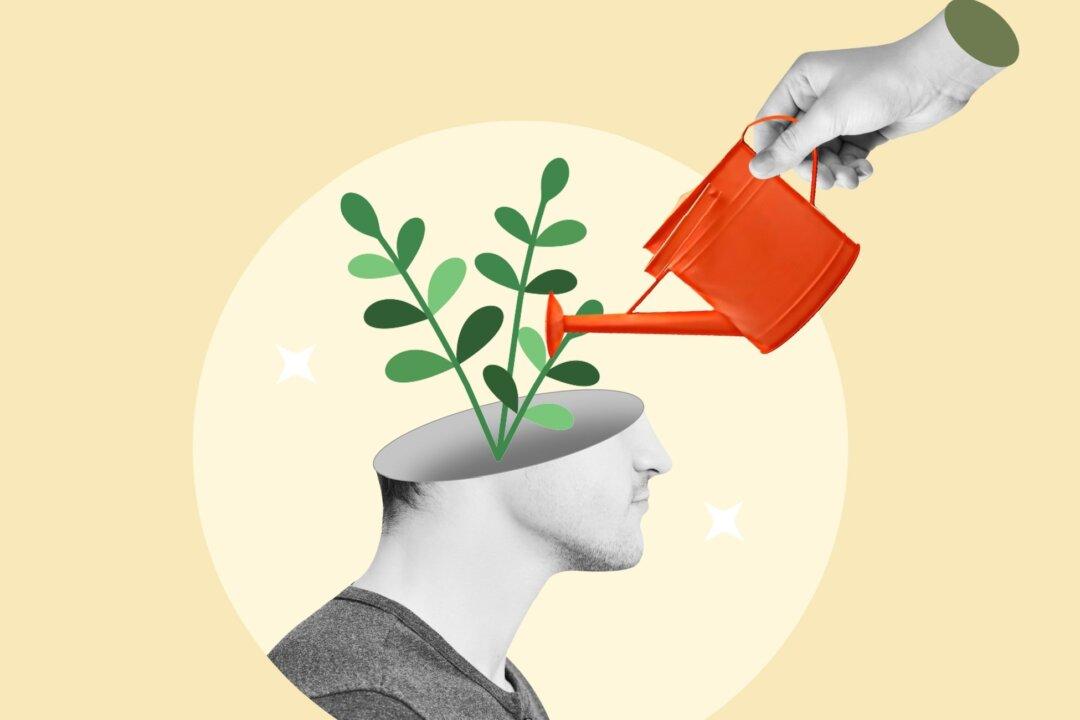In a 2016 essay, “I Used to Be a Human Being,” Andrew Sullivan explored his debilitating digital addiction. His subtitle likely reads true for many people: “An endless bombardment of news and gossip and images has rendered us manic information addicts. It broke me. It might break you, too.”
There is at least a bit of Sullivan in many of us, judging by the popularity of computer science professor Cal Newport’s latest book “Digital Minimalism: Choosing a Focused Life in a Noisy World.”






